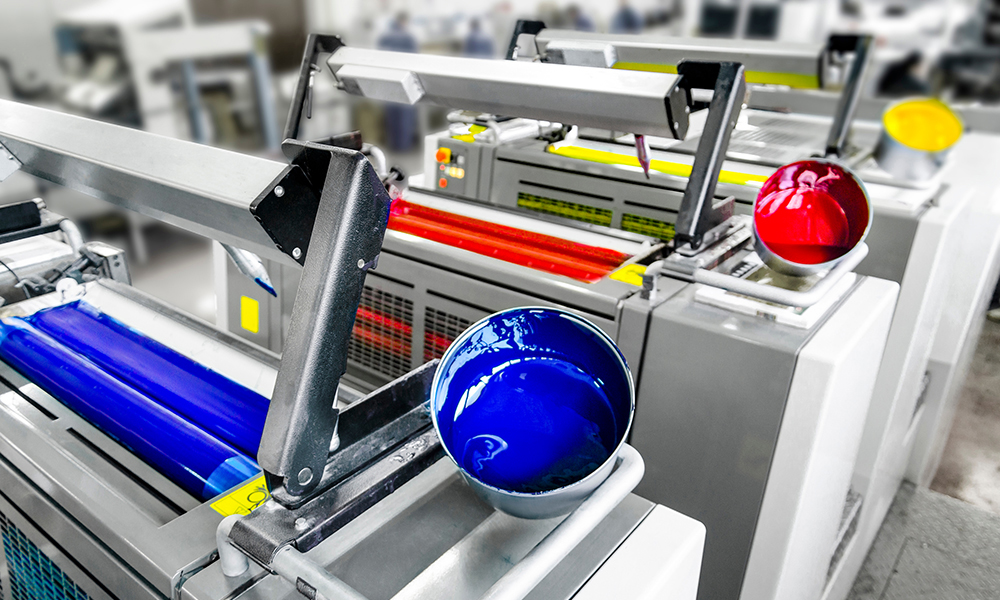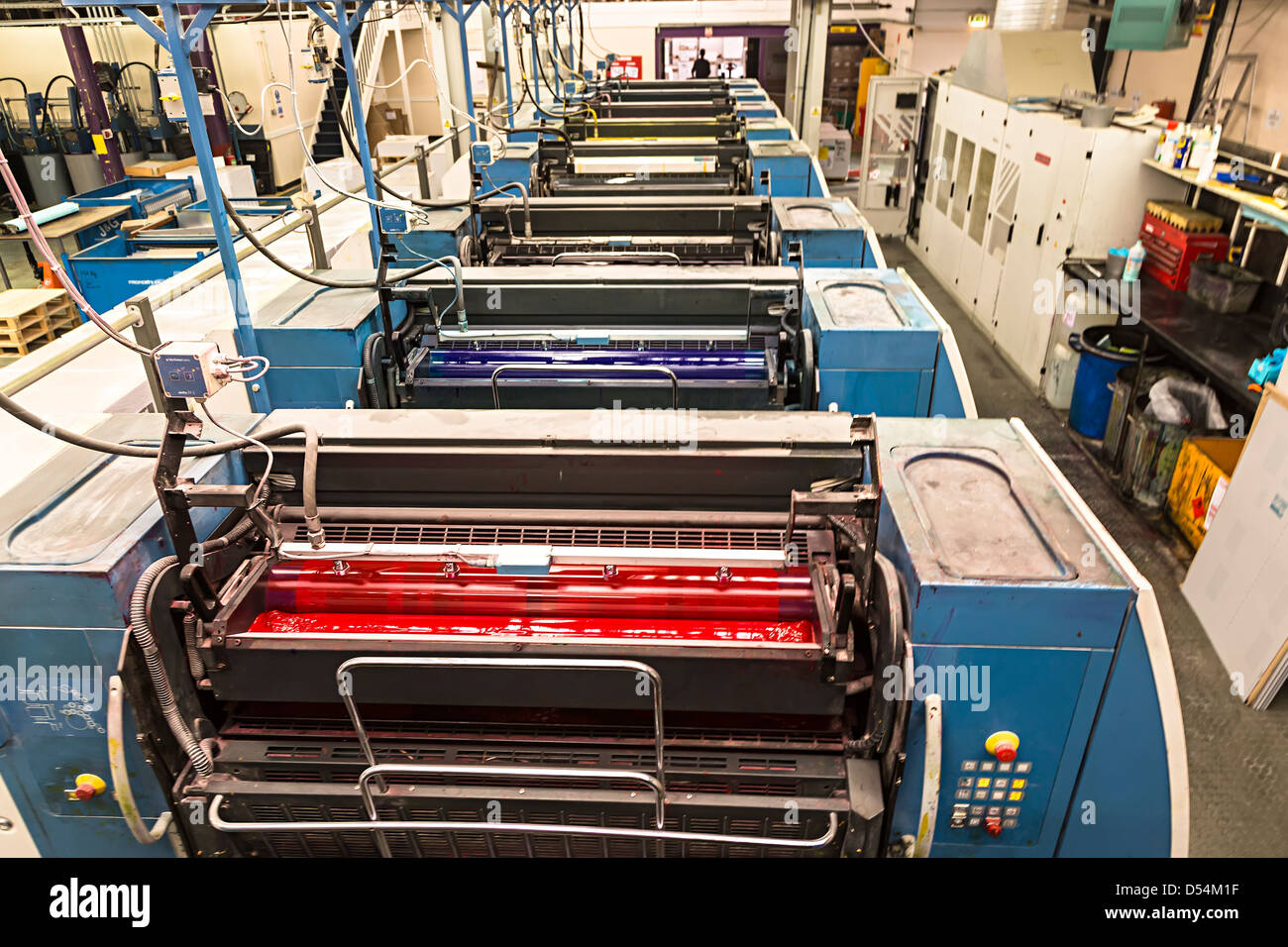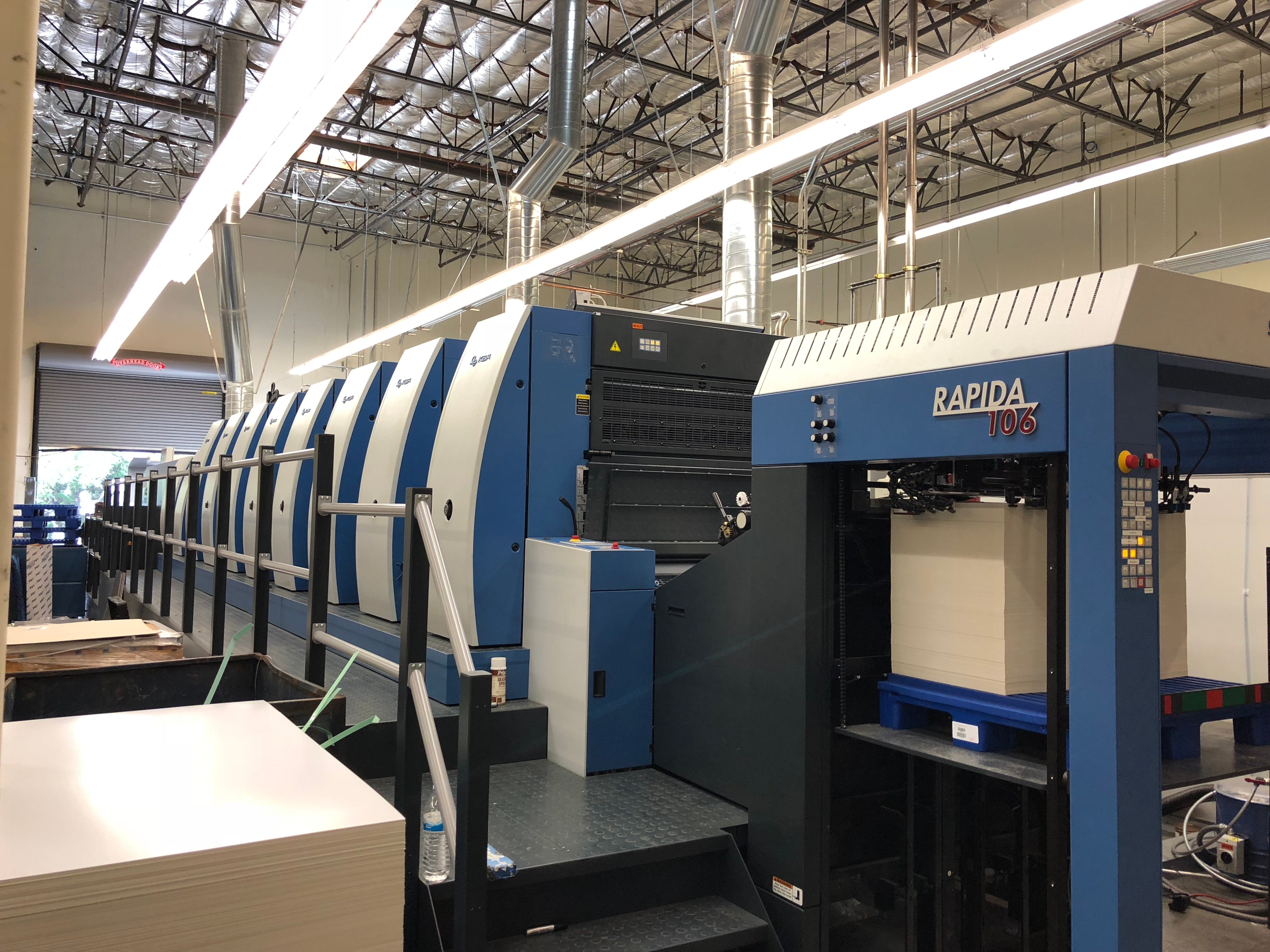Why litho printing Is Ideal for Large Print Runs
Why litho printing Is Ideal for Large Print Runs
Blog Article
A Comprehensive Overview to Recognizing Litho Printing Methods
The world of litho printing, a method originating from the late 18th century, is a fascinating mix of history, art, advancement and science. This comprehensive overview will certainly unravel the complexities of this printing approach, from the make-up of litho inks to the obstacles faced in modern applications. As we venture right into the complexities of lithography, the importance of automation and sustainability in guaranteeing its future relevance comes to be significantly clear. Stick with us as we trip into the exciting world of litho printing.
The Historic Evolution of Litho Printing
The historic trajectory of litho printing, a crucial advancement in the world of communication, is an exciting tale of human ingenuity. The procedure advanced with the advent of the rotating press, which substantially enhanced productivity. Each stage of litho printing's evolution showcases humanity's relentless quest of efficiency and high quality in visual interaction.
Decoding the Scientific Research Behind Litho Printing Inks
Progressing in the expedition of litho printing methods, the emphasis currently changes to the scientific research behind litho printing inks. The composition of these inks, their drying out process, and color mixing methods form the foundation of this complex art type. Recognizing these aspects is important to mastering the craft and accomplishing the desired print results.
Structure of Litho Inks
In lithographic printing, the fundamental role of litho inks can not be overstated. The composition of litho inks varies relying on its function, yet typically, they consist of 2 main elements - pigments and vehicles. Pigments, the color-providing components, are carefully ground bits put on hold in the vehicle, a fluid that carries the pigment onto the printing surface area. The lorry is an intricate combination of solvents, oils, and resins, which influence the ink's drying time, attachment, and gloss. In addition, numerous ingredients exist to improve particular buildings like flow, drying out, and resistance to ecological results. Each element plays a vital component in the last print's top quality, making the accurate solution of litho inks an elaborate science.
Ink Drying Refine
From the structure of litho inks, attention turns to the remarkable process of ink drying out. 2 primary approaches are used in litho printing: oxidative drying and absorption. Absorption, on the other hand, entails the ink leaking right into the paper fibers, which is a faster procedure yet can lead to much less dynamic shades.
Color Mixing Strategies
While the drying process plays a vital role in litho printing, the science of color mixing methods holds equivalent value. The scientific research behind litho printing inks likewise takes right into account the transparency of the ink, which affects how colors overlay and mix.
The Art and Layout Aspects in Litho Printing
Litho printing takes a breath life right into art and layout with its distinct elements. Litho printing fits a range of colors, making it possible for musicians to produce dynamic and vibrant prints. This combination of accuracy and convenience makes litho printing a favored option for several musicians and developers.
Modern Applications of Litho Printing Techniques
Litho printing strategies have actually discovered comprehensive use in the modern industrial industry. Its influence and value remain to expand with the introduction of new innovations and innovations in the field. This section will certainly discover these modern applications and the transformative function they play in the printing industry.
Industrial Litho Printing Uses
In today's electronic age, one could question concerning the relevance of typical printing techniques. Yet, litho printing investigate this site remains an important component of the business field. High-volume printing jobs, such as the manufacturing of books, newspapers, and packaging, count on litho printing for its capacity to supply superior image top quality and price performance. The procedure, which includes moving a tattooed image from a plate onto a rubber blanket and after that to the printing surface area, provides unparalleled consistency. This makes it perfect for tasks needing a huge print run. Litho printing also gives a wide color spectrum, above that of electronic printing. This makes it the best selection for jobs that require vivid, top quality shade reproduction.
Developments in Litho Printing
Pushing the limits of typical methods, modern innovations have sustained a host of advancements in litho printing. These breakthroughs have not just boosted the high quality and performance of litho prints but also increased its application range. One noticeable advancement is electronic litho printing, which integrates the virtues of electronic technology with litho's premium outcome. This crossbreed model uses faster setup times, decreased waste, and allows on-demand printing. An additional significant advancement is the introduction of eco-friendly inks. These inks, made from vegetable or soy-based remedies, have actually substantially reduced the sector's ecological effect. litho printing. In addition, the development of innovative plate technology has structured the printing process, leading to sharper images and enhanced shade fidelity. These developments underscore the long-lasting relevance of litho printing in the modern world.
Checking out the Refine of Litho Printing: Detailed

Obstacles and Solutions in Contemporary Litho Printing

Regardless of the precision and tradition that litho printing proudly maintains, it is not without its set of contemporary obstacles. One of the most widespread problems include the high first setup cost, problem in printing variable information, and ecological look at this web-site problems due to chemical use. However, remedies are becoming innovation develops. Digital litho printing enables for cost-efficient brief runs and very easy modification, dealing with the issue of variable information. Environmentally-friendly inks and more secure plate-making procedures minimize environmental concerns. Furthermore, improvements in automation have lowered labor prices, better equalizing the lithography process. Hence, while there are challenges, the litho redirected here printing market is proactively adjusting to satisfy them head-on, ensuring its significance in the future.
Verdict
In final thought, litho printing, with its rich history and scientific complexities, holds a considerable place in the print sector. As the overview discloses, it's a synthesis of art and modern technology, with modern-day advancements ensuring its significance. The industry faces difficulties that need ingenious remedies, with a focus on automation and sustainability. The future of litho printing rests on its capacity to adjust to these altering needs, verifying its enduring worth in an advancing market.

Report this page